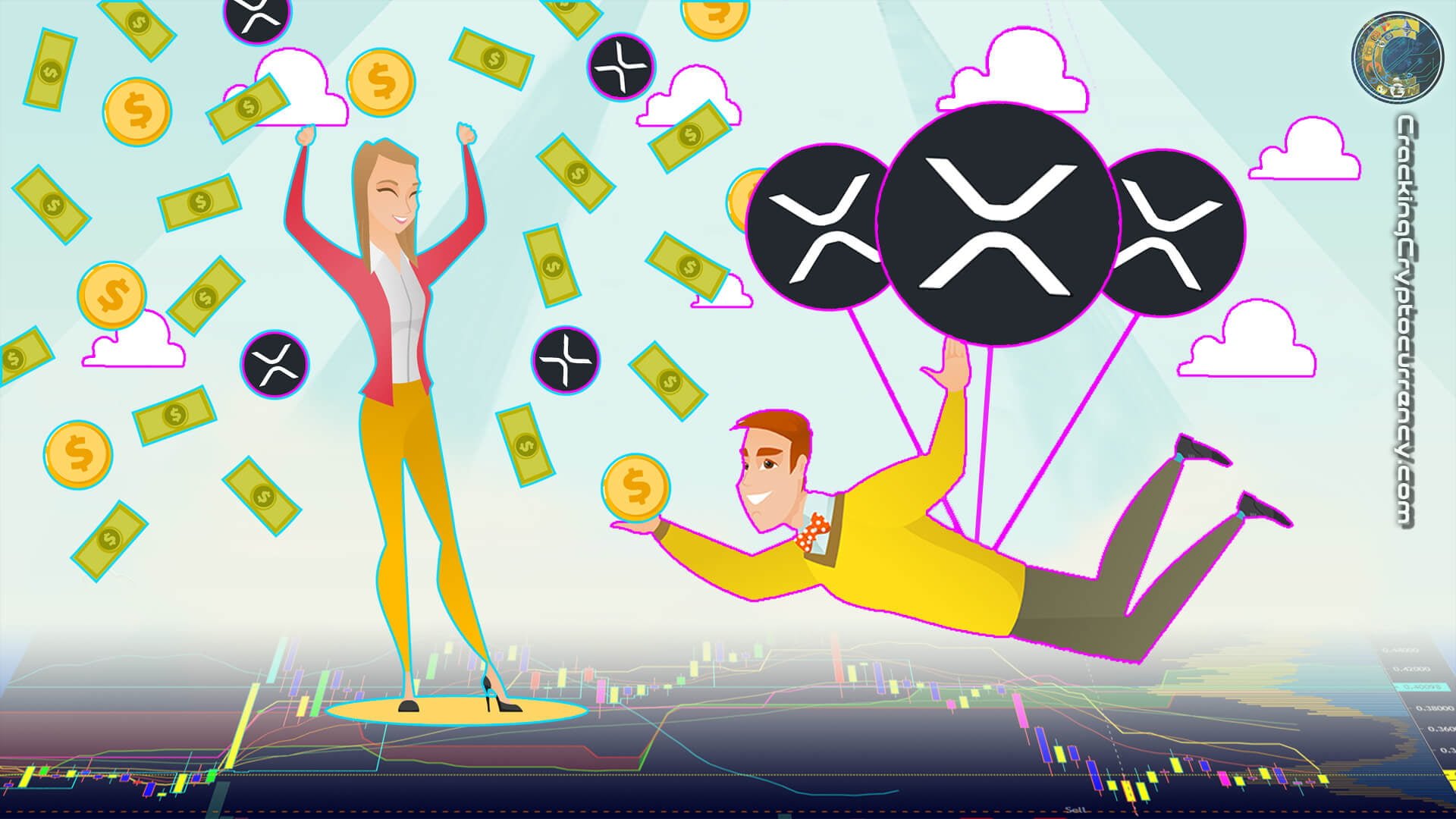The SEC has been the most notable regulatory body to take issue with XRP over the years, but there have also been issues raised within the crypto community.
In May 2015, the United States’ Financial Crimes Enforcement Network (FinCEN) charged Ripple Labs and XRP for violating the Bank Secrecy Act. The act was violated by selling XRP without authorization and for failing to implement an anti-money laundering program. However, after coming to an agreement, Ripple Labs took remedial actions which included implementing the AML program and registering with FinCEN.
Brad Garlinghouse, Ripple’s CEO, told the public about SEC’s plans to sue the company in December 2020. A few days later on Dec. 22nd, SEC filed a lawsuit against Ripple for selling XRP as an unlicensed security. The agency argued that distributing $1.3 billion worth of XRP token to its shareholders broke the law. At that time, XRP was world’s third-largest cryptocurrency by market capitalization.
In 2019, before the SEC took action, some XRP investors filed a lawsuit against Ripple’s founders. This suit alleged that Ripple’s founders had “intent to deceive or defraud” its investors.
The SEC debated if XRP, Ripple’s digital coin, was a security–suggesting partial ownership of Ripple–or an actual cryptocurrency like Bitcoin. They brought to light that CEO Garlinghouse and co-founder Larsen have both gained substantially from selling their personal XRP tokens during the market upswing, making over $600 million combined.
In case you need more information, here is an excerpt from the SEC’s lawsuit: “Because there is no registration statement in effect, defendants [Chris Larsen and Brad Garlinghouse] can continue to sell their XRP for profit while investors remain unaware of the risks. This creates a dangerous situation where these two individuals could make a lot of money at the expense of innocent people.”
XRP is premined and has a set supply that was distributed among its co-founders and Ripple. To prevent inflation, Ripple locked part of the XRP tokens in an escrow– similar to how companies manage and distribute shares. Because XRP isn’t completely decentralized like other cryptocurrencies that mine tokens, it violates Howey Test laws explained by the SEC.
Ripple has filed for a Fair Notice defense in court, claiming that the SEC never informed the company that distributing XRP could ever be prohibited under security laws. If granted, this would mean that Ripple would not be liable for any past or future violations of these laws. In February 2022, the court requested that Ripple unseal two memos from 2012 relating to the Fair Notice defense.
The unsealed memo showed that Ripple had looked for legal help from Perkins Coie LLP about XRP tokens. The message indicated, “Perkins Coie LLP lawyers told Ripple not to sell the proposed coins because various conditions could make them items regulated as securities or commodities. A second account by the same organization in October of that year stated there was a danger the Securities and Exchange Commission would have a different opinion but suggested that under federal law, XRP may not be considered a security.”
The SEC tried to stop Ripple from using the Fair Notice defense, but the court said no. Right now, it looks like Ripple has a better chance of winning—XRP’s price went up 22% after the trial when people found out about this good news.
With exchanges like Coinbase suspending trading of XRP, people were unable to withdraw their money during this time period.
There have been many arguments for and against the differences between XRP and Bitcoin. Although there are some commonalities between both coins in their respective areas, their dissimilarities are much greater, a few of which include the following.
The means used to confirm transactions vary. XRP employs a singular confirmation process that counts on trusted validators or a Unique node List (UNL) to conclude which transaction will be recorded in the next ledger. In order for transactions to become valid, most of the UNL’s must approve it.14 On contrary, Bitcoin depends on miners solving complex mathematical problems—proving their work—to ratify transactions.
XRP’s consensus mechanism is more efficient than Bitcoin’s, which means that it takes less time to confirm transactions and costs less money. The ‘mining’ process for Bitcoin consumes a lot of energy, which makes confirmation times longer and transaction fees higher.
XRP can manage up to 1,500 transactions per second while Bitcoin only 4-5 and Ethereum is set to 13. The lightning network built on bitcoin solves its scalability problem.
